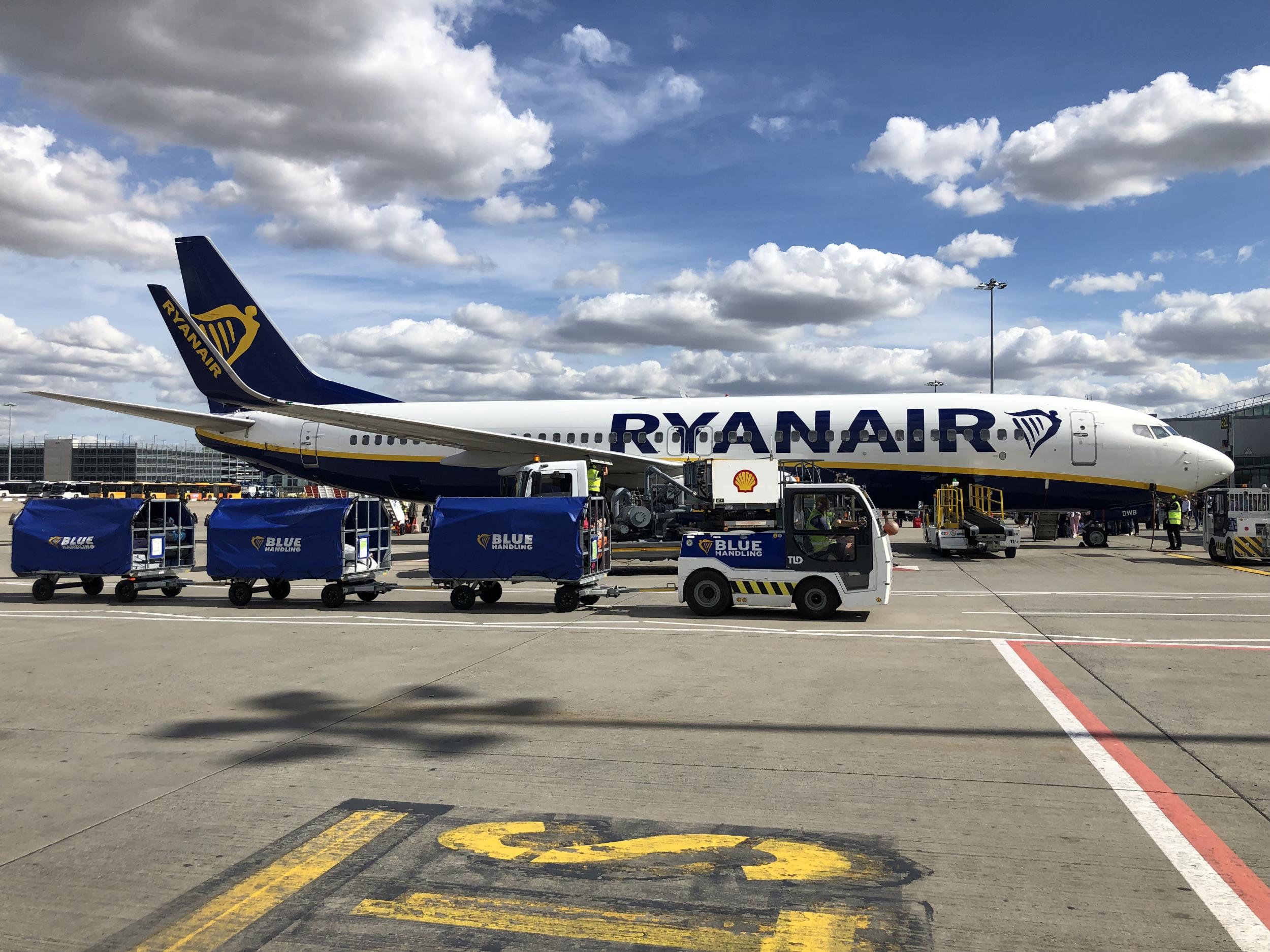When should I book Tokyo flights for the 2020 Olympic Games?
Simon Calder answers your questions on navigating a major sporting event, winter trips with Ryanair and travel insurance for couples


Q I am visiting Japan in the summer to attend the Olympics. I am travelling out by train! But I am returning by air on 9 August. When would you recommend purchasing the one-way flight from Tokyo to London now, to obtain best price, or nearer the time should prices fall?
Glenn C
A Congratulations on choosing to head for the Tokyo Olympics this summer by rail: travelling terrestrially for around 10,000 miles (depending on the route you have taken) will be a fabulous experience. By the time you reach the Japanese capital you will doubtless have many stories to tell.
As you will perhaps have detected, the surge in demand at the end of the Olympics is having an unfortunate effect on prices. Normally for a one-way flight in August, I would expect to find something around £400, probably via China or Taiwan. But on Sunday 9 August itself, the day of the closing ceremony, and the next couple of days, there are few bargains to be found as everyone heads home.
If you must return on 9 August, then you might want to take a cheap bus to Osaka (about £20 and eight hours) and fly from Kansai international airport on Aeroflot. Demand will be much lower from Japan’s second city. But if you can be flexible, then plan to leave Tokyo on 7 or 8 August flights and start to look for good deals at about eight weeks out.
The days immediately before the opening ceremony are very busy for inbound flights to an Olympic host city, though this is clearly not a worry for you. At the other end of the Games, outbound travel peaks on the day of the closing ceremony and for two or three days afterwards. There is often a sweet spot a couple of days before the end. Since normal business travel and leisure tourism to Tokyo will dwindle during the Olympics, fares can sometimes be below the normally prevailing levels.
Airlines will keep fares high for a while yet in the hope that the Olympics will prove a get-rich-quick scheme. History suggests it won’t, and with a little flexibility you should be able to benefit

Q Have you tried a Ryanair winter flight? Yes, it is cheap, but the flight is without heating and the public address is loud, all to keep you awake and thereby increase the chance you will buy something. Because they get commission, they are constantly trying to sell you things. Do you agree?
Brian D
A I have taken four Ryanair flights so far this winter, all at very encouraging prices, and have several more flights booked. Looking back through the boarding passes stored on my phone, I see I have flown from Gatwick to Dublin, from Sofia to Stansted, and from Stansted to Cork and Girona. The opposite halves of those flights, by the way, have been respectively on British Airways, easyJet, Aer Lingus and easyJet again, so I have had plenty of opportunity to compare.
I have no recollection of being cold, except on the apron while waiting to board – and that is perhaps the big difference. Ryanair boards flights from the apron, with steps at the front and rear of the aircraft. In winter that means every passenger is exposed to inclement weather, rather than boarding through an air bridge and being immune to the temperature. May I suggest that because it is chilly while you wait to get on board, and there can often be a draught through the plane while on the ground, the coldness stays with you?
The aircraft is certainly heated; you would know about it if you ever came into contact with the -50C temperature outside. While the inflight announcements on Ryanair and other airlines can be annoying, I think it is part of the deal: you pay a low fare and the airline takes every chance to increase its revenue by selling you stuff. On my Girona flight, incidentally, the cabin crew were on a work-to-rule, and sold nothing, which made things quiet, with no scratchcard announcements but also no tea (or anything stronger). Many other airlines are, of course, available, and may be more to your liking.

Q I’m going on holiday with my partner and looking for the best travel insurance option. I will be scuba diving, for which my travel insurance needs extra cover for the depth I’m qualified to dive to, but my partner will not dive. As the extra cover for diving is quite expensive it would seem to make sense financially to buy two separate policies, one for each of us, but I worry if something happened that our respective policies wouldn’t acknowledge we’re travelling together. Is two separate policies a risk?
Liz H
A There should be no problem with your plan; the most basic form of travel insurance is as a product for an individual, rather than a couple or family, and all the decent policies I have seen appreciate that issues affecting the person with whom you have booked to travel can have a significant impact on the planned trip.
So, for example, if your partner is called for jury service, which causes the cancellation of the trip, with a decent policy you will be able to claim on your insurance. Conversely, if your partner has reasonable insurance of their own and your passport were to be stolen and that affected your trip, then they would be able to claim, too.
One potential issue that is often misunderstood, though, is when one traveller has a pre-existing medical condition, which they declare to their insurer (and pay an increased premium as a result). If the condition causes them to cancel the trip, then the companion may not be able to claim for the cancellation because it was a known risk. In such cases, a policy that covers both travellers may be the best plan, though you will need to talk through the details of the cover with the insurer to make sure it is what you need.
Email your question to s@hols.tv or tweet @simoncalder
Join our commenting forum
Join thought-provoking conversations, follow other Independent readers and see their replies
Comments